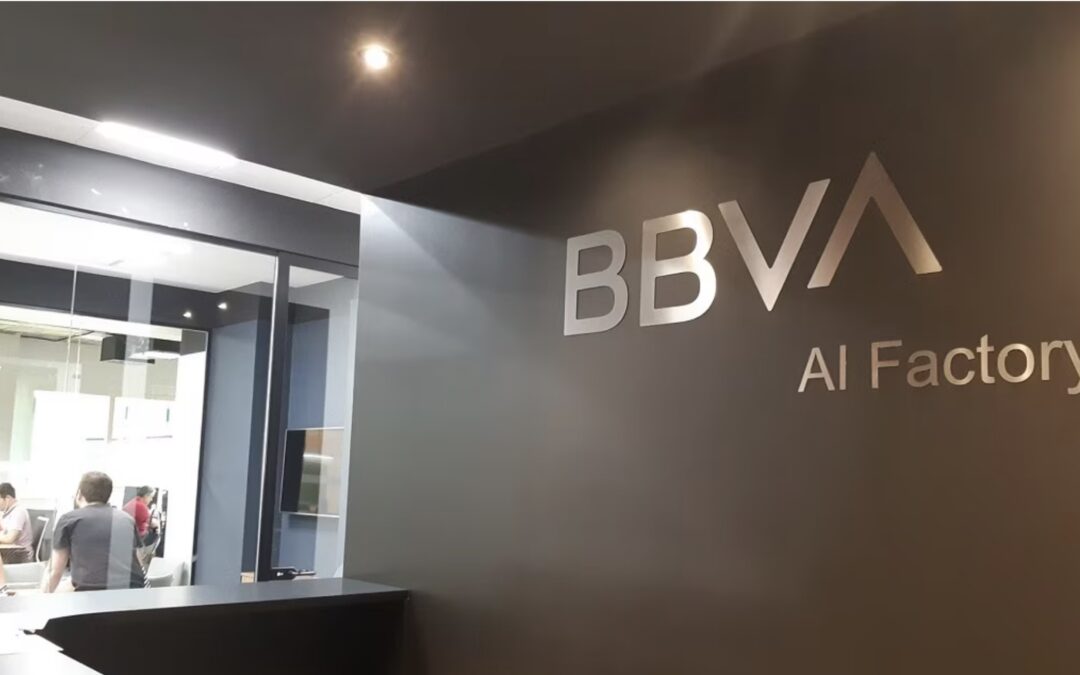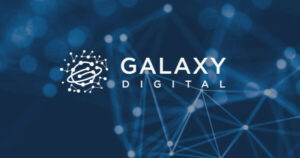BBVA’s AI Factory, a center dedicated to developing artificial intelligence (AI) solutions, expands to Mexico and Türkiye in order to create products globally and leverage knowledge across the Group.
With these new centers, BBVA aims to accelerate the adoption of AI-based solutions to improve customer experience and optimize internal processes. In addition, the bank has hired 230 AI experts, doubling the headcount of these ‘factories’ to more than 400 professionals.
BBVA AI Factory researches the latest global trends in artificial intelligence and develops analytical components to enhance the bank’s diverse technological solutions, such as the financial health functionalities of the BBVA app or the personalized recommendation of financial products. With the opening of two centers in Mexico and Türkiye – the regions with the largest volume of customers and business of the Group, together with Spain – BBVA internationalizes this factory to promote the creation of its products and services on a global scale and the transformation of its internal processes with AI.
To staff the new centers, BBVA hired 230 new professionals in advanced analytics and artificial intelligence, who now join the 200 at the Spanish headquarters. New hires include data scientists, machine learning engineers, developers, data architects and digital product experts. BBVA AI Factory thus doubles its talent specializing in data and artificial intelligence to more than 400 professionals.
The three centers are already driving the bank’s various AI developments in a coordinated effort. Some projects are globally synchronized from the outset, while in other cases local development is undertaken in order to adapt a solution to the rest of BBVA’s markets. The project design process is coordinated jointly, enabling BBVA to fully leverage the diversity of knowledge and talents across the Group.
Some of the projects BBVA AI Factory is currently working on, hand in hand with BBVA’s technology and business teams, involve the creation of a fully conversational virtual assistant that will simplify the user experience in digital channels, or the development of ‘copilot’ tools that will help managers to increase the efficiency of their work and improve the customer relationship model.
“We are fully aligned with the needs of the business areas. We develop our analytical components to address them, which allows us to transfer the maximum value from AI to customers,” explains Ignacio Teulón, Global Head of BBVA AI Factory. “But, at the same time, our cross-cutting approach allows us to see how we can reuse these ‘lego pieces’ in other, entirely different business challenges. In this way, we optimize the work we do.”
Code reuse is one of the pillars on which BBVA’s artificial intelligence developments are based, as it shortens product creation and implementation times in all markets.
BBVA AI Factory developers centralize their components in the Mercury library, which currently has more than 500 pieces of code. On average, around 100 BBVA data scientists use it every month. The resources available in Mercury help create many of the data-driven functionalities that the bank makes available to customers. Among them, the bank transaction categorizer, expense and income forecasting or the detection of anomalous situations in the account.
This code is also used internally to evaluate the performance of data models, such as a component that has been used to bring transparency and explainability to the ‘machine learning’ models with which the bank detects and performs early debt management.









